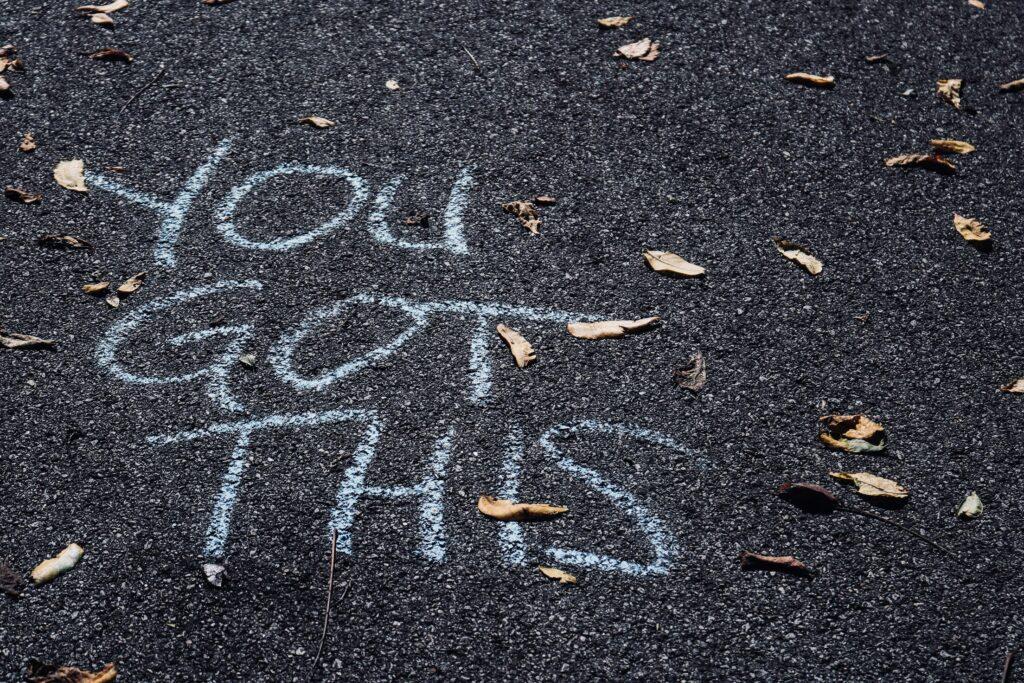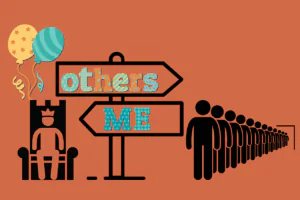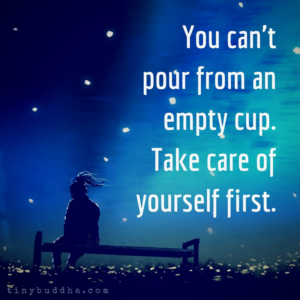Guest blog by Samantha McGovern, LCPC, CRSS
Do you find it difficult to implement the skills you have learned to support and maintain wellness? Oftentimes, the struggle doesn’t necessarily lie with what to do, but how to do it, or how to keep doing it. For example, it is easy to tell yourself to use Deep Breathing or other de-escalation skills when you’re anxious, angry, or otherwise escalated. Still, without a clear action plan, it can be difficult to remember or to use these skills when needed. As they say, old habits die hard. When creating any wellness plan, it is important to identify anticipated barriers to using these skills effectively and incorporate action steps in utilizing coping skills.
So, what might some of these barriers be? One is if you do not practice your new skills consistently before needing them, it will be difficult to use them when you do need them. (It’s truly a case of “practice makes perfect!”) Another barrier may lie with impaired motivation, procrastination, or struggles with creating new habits. Sometimes a barrier is insufficient capacity for being able to sit with or “ride out” an uncomfortable emotion, which can fuel the Anxiety/Avoidance cycle. Other times, a barrier can be not knowing which skills are most effective for varying levels of emotional intensity and in different situations. This is why coping skills are important – and why developing action steps to utilize those skills is equally important.
What are Emotions?
First, it is important to understand what emotions are and why they are necessary. The word “emotion” comes from the Latin word “emovere,” meaning “to move, move out, or move through.” Simply put, emotions are there to help “move” us; emotions drive behavior. Emotions are also neither good nor bad, they simply are what they are – a message from your brain to get you to act.
People often consider emotions as good or bad based on their experiences with that emotion. For example, one might view anger as a “bad” emotion due to getting into trouble based on their reactions to anger (e.g. yelling, hitting), or one might view anxiety as “bad” because it is uncomfortable or overwhelming. However, emotions like anger and anxiety are there to help protect us by motivating, focusing, and energizing us to either “fight” or “flee” from the perceived threat. All emotions serve a purpose, and this is why coping skills are so important.
How Does the Cycle of Anxiety and Avoidance Lead to Procrastination?
If you do not understand your emotions and how to cope effectively, it is easy to fall into the cycle of Anxiety and Avoidance. Basically, it is a natural response to attempt to avoid anxiety or uncomfortable emotions that trigger anxiety, such as hurt. First comes the anxiety-producing situation that leads to uncomfortable symptoms such as worry, fear, a racing heart, sweating, or possibly a feeling of being overwhelmed. To avoid this uncomfortable reaction, avoidance is used to try to control the anxiety-producing situation and reaction.
Examples of avoidance are skipping class to avoid giving a presentation, using drugs or alcohol to numb feelings, and procrastinating on challenging tasks.
Related Reading: Coping Skills for Teens with Anxiety
Avoidance of an anxiety-producing situation gives an immediate sense of relief and the symptoms of anxiety lessen, but only temporarily. Unfortunately, avoidance also leads to long-term anxiety growth. The brain learns that when the anxiety-producing situation is avoided, the symptoms go away, but in turn it causes the fear that initially led to avoidance to worsen. As a result, the symptoms of anxiety will be worse the next time and avoidance is more likely – a spiraling cycle ensues.
Using exercises, such as “Urge Surfing,” Somatic Experiencing titration, mindfulness techniques, and other skills can help you learn how to experience emotions without overwhelm – and without succumbing to urges to avoid, argue/fight, use substances to mask/escape feelings, etc. These can be helpful coping skills for anxiety.
Related Reading: 7 Tips for Cultivating a Successful Daily Meditation Practice
Don’t forget that everyone is different! Find the skills that work for you in various situations. Having one coping skill is not enough. We feel many emotions at varying levels of intensity, and the skill that works for your anger when it is at a 2 (on a scale of 1-10, 10 being the most intense), may not be the same skill that is effective for your anxiety when it is at an 8. And that may not be the same skill that is effective for sadness when it is at a 10. Having a variety of coping skills and strategies in your emotional toolbox is important!
Also, don’t give up! As previously stated, practice makes perfect. It may take some practice and time to see these skills start to be effective, which is not only okay, but it is normal.
Building New Habits
Putting these new coping skills and strategies to use is always easier said than done. Once you have the tools in your wellness toolbox, it is important to practice them consistently, so you are prepared to use them when you need them. If you wait to use your new skills until you are in a situation where you need them, you are far more likely to revert to utilizing the skills you already have in place (whether those skills are adaptive or maladaptive).
Using a Habit Plan and incorporating Tips to Building New Habits can be helpful in helping you implement the changes you would like to make. Strategies and action steps to build new habits include:
- Differentiating between goals and habits (goals are outcomes; habits are the actions you take to achieve a goal)
- Starting small (make incremental changes)
- Linking your new habit to existing activities to help remember it
- Telling others about your new habit to create accountability
- Updating your environment (e.g. keep a bowl of fruit on the counter instead of sugary/salty snacks)
It is also important to celebrate your successes, no matter how small they may seem.
Practice Gratitude, Self-Care, and Compassion
If at first you don’t succeed, try, and try again. Making changes to long-standing habits, patterns, and routines is difficult, so it is important that you give yourself grace! When you fall short, try to steer clear of patterns of negative self-talk and guilt. Didn’t get to the stuff on your to-do list today? Identify one small change to your routine that you can make to help you be more successful tomorrow. Lose your cool? Identify what stopped you from walking away sooner to help you plan and be more effective at using de-escalation skills next time. Struggling with motivation and low mood? Use Gratitude to promote positive thinking and Behavioral Activation to identify and re-engage in activities that help you to feel well. We cannot give from an empty well, so self-care is paramount when it comes to making positive changes and improving holistic well-being.
If you would like to develop new coping skills, therapy at Life Care Wellness can help you get started. Please reach out to us at our Glen Ellyn, Chicago (Jefferson Park), or Sycamore offices to connect with a therapist today.
Samantha uses a holistic approach and a variety of treatment modalities tailored to your specific needs. Her goal is to assist you in reaching your ideal functioning in the eight dimensions of wellness: Emotional, Physical, Occupational, Social, Spiritual, Intellectual, Environmental, and Financial. Samantha provides services in English and Spanish and sees individual, couple, and family clients of all ages in the Glen Ellyn office.






